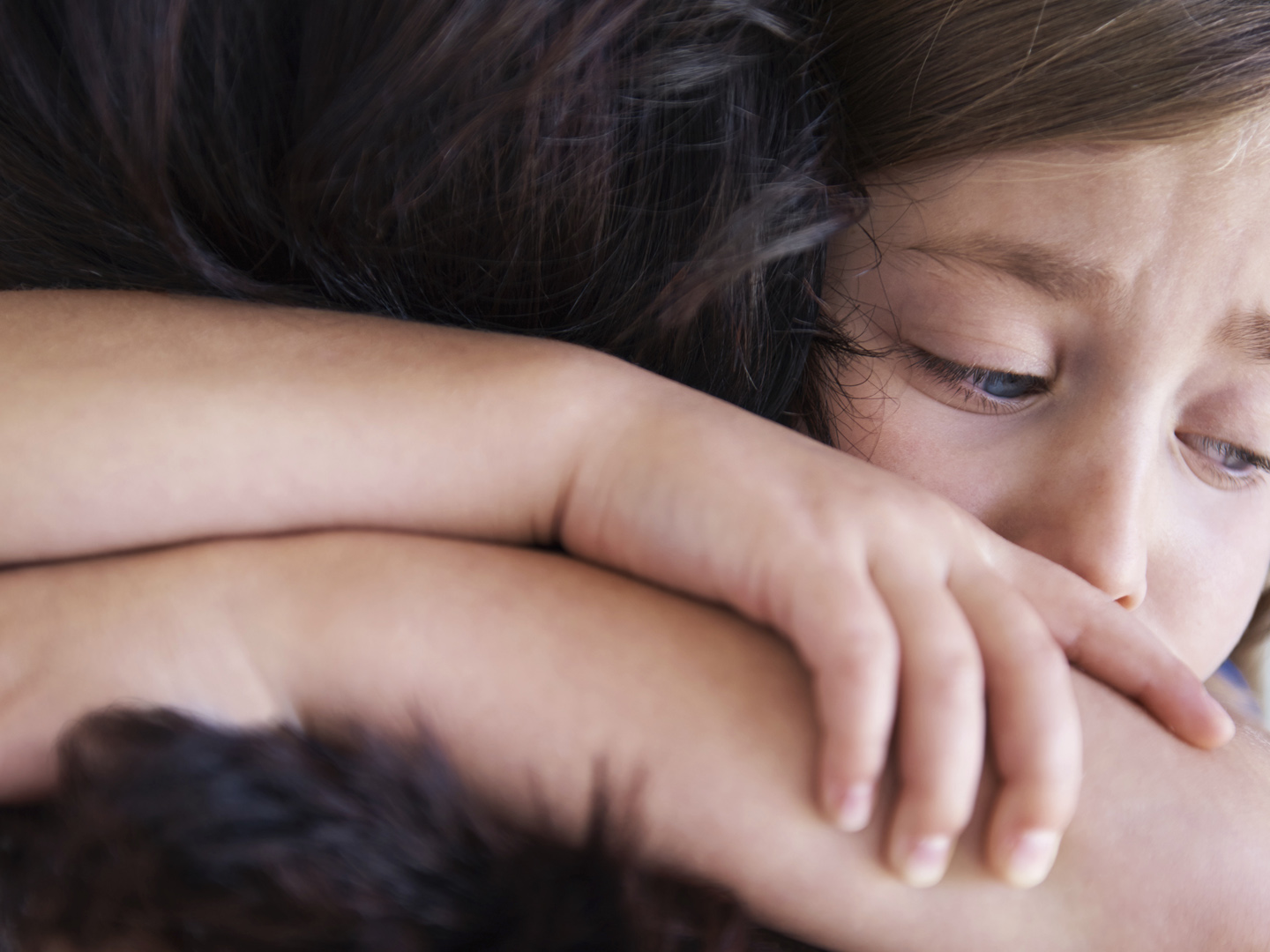Frightened by Febrile Seizures?
My niece has had febrile seizures since she was 13 months old. She is now three years old. All told, she has had five seizures as a result of a fever. They all meet the definition of febrile seizures. Is this normal? Is there anything we can do to prevent her from having a seizure?
Andrew Weil, M.D. | April 10, 2006

Seizures brought on by fever in very young children are not uncommon. According to the National Institute of Neurological Disorders and Stroke, approximately one in every 25 youngsters will have at least one febrile seizure and more than one-third of these children will have another episode before reaching the age of five, which is when youngsters typically outgrow the tendency to have them. Most of these seizures last only a minute or two, although some may be over in a matter of seconds while others can last for 15 minutes or more. Typically, children with febrile seizures have rectal temperature higher than 102 degrees. Identification and treatment of the cause of fever is the primary goal of therapy. Treatment of the seizures is rarely necessary and is only considered in kids with underlying neurologic disorders such as cerebral palsy, but if a seizure lasts more than 10 minutes, the child should be taken to the nearest medical facility.
Although febrile seizures can be frightening to parents, they aren’t dangerous and don’t cause brain damage or any other ill effects. My colleague, pediatrician Sandy Newmark, M.D., tells me that only a small percentage of children with febrile seizures go on to develop epilepsy, but these are children who probably would have developed seizure disorders anyway.
Assuming your niece’s seizures do fit the definition of febrile seizures and she is otherwise healthy, Dr. Newmark said that the only way to prevent them is by preventing fevers, something that is much more easily said than done in young children. Dr. Newmark recommends treating her fevers early and aggressively with acetaminophen or ibuprofen, and said that an immune stimulant such as astragalus might help decrease the number of colds and viruses a three-year-old is likely to catch. A usual astragalus dose for both children and adults is two capsules or tablets twice a day, unless the product directs otherwise. For a young child, you might get an astragalus tincture and give her a dosage of one dropperful in tea or water three times per day. Otherwise, says Dr. Newmark, just take a deep breath and realize febrile seizures are not harmful and will probably be gone before your niece reaches grade-school age.
Andrew Weil, M.D.










